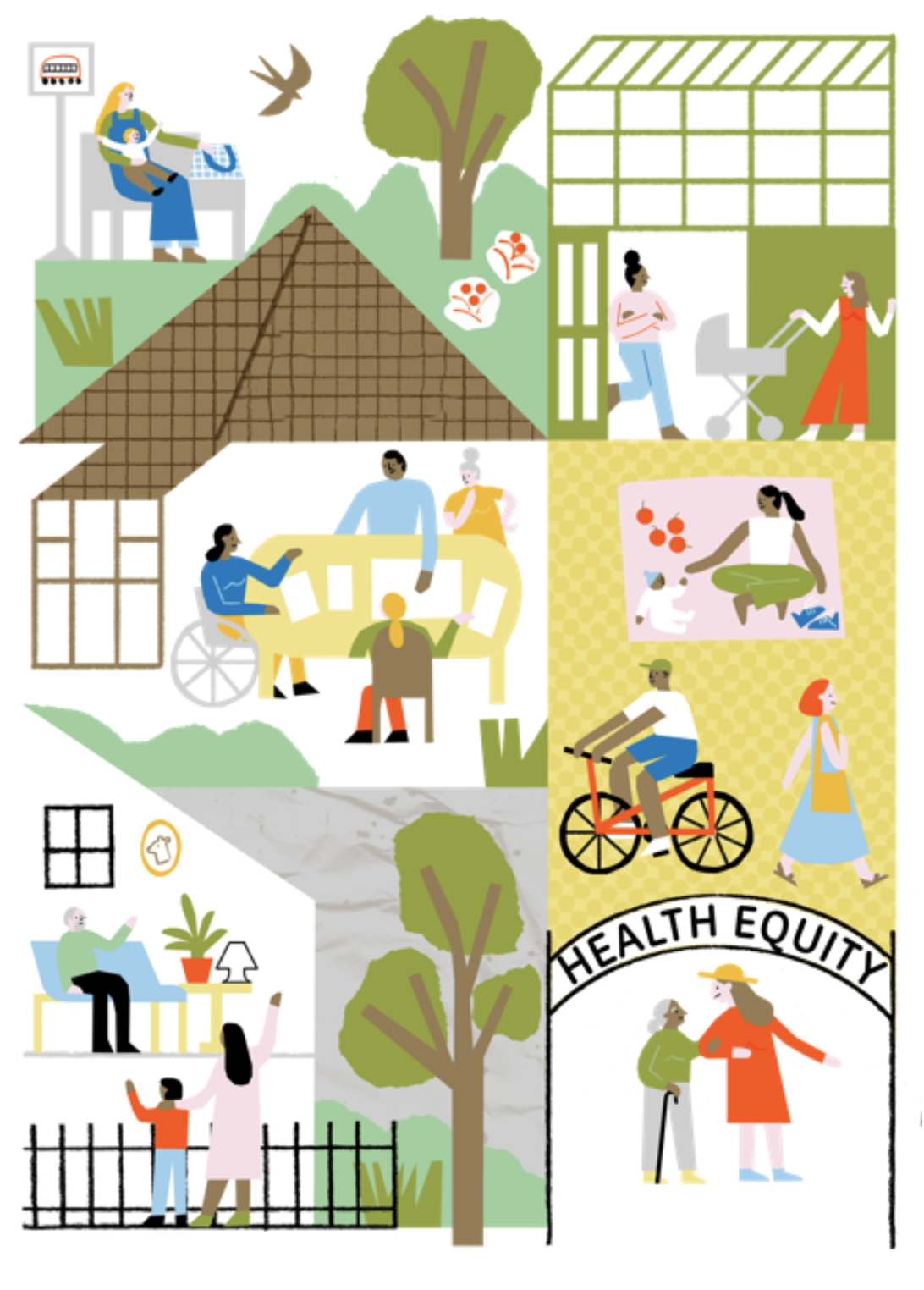New Publications:
Integrated Care Systems (ICS) in England bring together the NHS, local government, the third sector and other partners. At the same time as these systems have been introduced, NHS England has paid increasing attention to health inequalities in its statutory and non-statutory guidance. NHS England commissioned IHE to examine past and current mechanisms and levers that affect accountability in relation to health inequalities, focussing on the role of ICSs. Our report Health inequalities: improving accountability in the NHS provides proposals to improve accountability for health inequalities
We interviewed senior NHS managers and academics researching accountability in the NHS and reviewed grey and academic publications. We concluded accountability for health inequalities in the NHS since 2010 has been weak but in recent years, actions have improved, with the appointment of a national team on health inequalities created in 2020 as part of the COVID-19 pandemic response and then in 2021 a health inequalities programme team and national director were appointed. These appointments prompted a new strategic and policy focus on health inequalities however, accountability mechanisms remained insufficient to drive appropriate investment and action on health inequalities and their causes.
The report addresses the role of performance monitoring and funding as tools to improve accountability. We recommend actions for NHS England to provide better support and tools to enable ICSs to better address health inequalities in the NHS and in partnership. Professor David Hunter of Newcastle University provides IHE with his reflections on the findings from this report and the wide challenges of strengthening action on health inequalities in the NHS.
Building a Fairer Gwent: improving health equity and the social determinants is the most recent IHE Marmot place report, published in July 2023. Gwent covers five local authorities in South Wales: Blaenau Gwent, Caerphilly, Monmouthshire, Newport and Torfaen. The founder of the NHS, Aneurin Bevan, was born in Blaenau Gwent and one of our first meetings was held in Bedwellty House, where Bevan was a local councillor before he became a member of parliament.
The IHE worked with a range of partners across Gwent in 2022-2023. One of our aims was to influence Gwent’s Wellbeing Plan. This is a five-year plan and is a statutory requirement of the Wellbeing of Future Generations (Wales) Act. Much international attention has focussed on this Act yet health inequalities have not shifted. Whilst Welsh Government policy is supportive of the need to address health inequalities, the policy focus on wellbeing is not leading to reductions in inequalities. The report suggests Gwent adopt more effective practices and approaches to better address inequalities. The IHE report includes a set of local Marmot indicators and recommendations tied to a five-year strategy to drive at-scale actions.
Going forward, the report will be discussed with Gwent leaders in October 2023, focussing on the partnerships and actions required to better address economic inactivity, particularly in post-industrial places that have had high levels of long-term unemployment. In addition, Torfaen local authority are leading an application with local partners for the NIHR’s second wave of ‘health determinants research collaborations’ funding.
|

